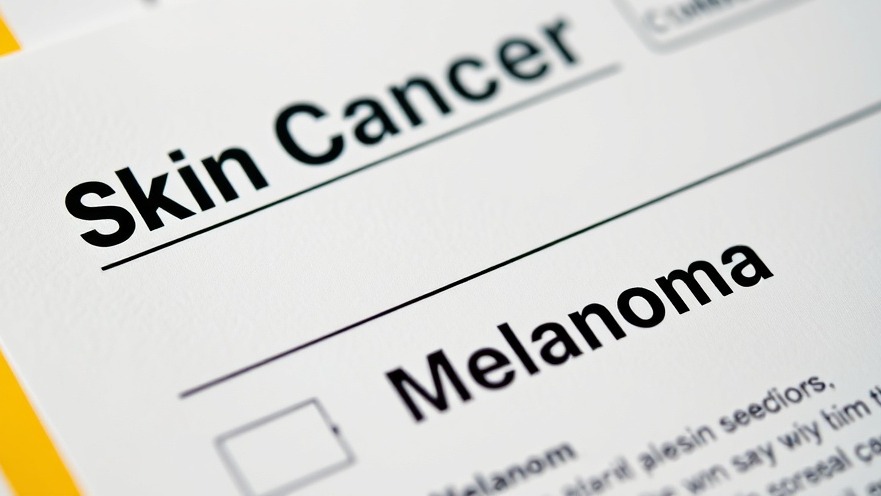
Understanding Hidradenitis Suppurativa
Hidradenitis Suppurativa (HS) is a chronic, often painful skin condition that occurs when hair follicles become blocked and inflamed. This condition typically manifests with lumps, abscesses, and sometimes scarring, making management challenging for those affected. Among various management strategies, recent research emphasizes the critical role that vitamins and minerals play in alleviating symptoms and improving overall health for HS patients.
The Nexus Between Vitamin Deficiency and HS
Research indicates several vitamin deficiencies prevalent among individuals grappling with HS. Key vitamins and their roles are as follows:
Vitamin D
Vitamin D deficiency is remarkably common in HS patients. Contributing factors include:
Reduced Sun Exposure: Many patients avoid sunlight due to painful skin lesions, resulting in inadequate vitamin D synthesis.
Chronic Inflammation: This can impair the metabolism and absorption of vitamin D.
Malabsorption: Coexisting gastrointestinal conditions, such as Crohn's disease, can further hinder vitamin D uptake.
Vitamin B12
Lower levels of vitamin B12 are also noted among those with HS. Causes include:
Poor Diet: Chronic illnesses like HS may lead patients to follow restrictive diets that limit intake of vitamin B12-rich foods.
Malabsorption Issues: The gastrointestinal tract's health significantly impacts B12 absorption.
Folate (Vitamin B9)
Essential for DNA synthesis and repair, folate deficiency arises from:
Inadequate Dietary Intake: Patients struggling with HS might experience limitations in accessing folate-rich foods.
Malabsorption: This is often exacerbated by other gastrointestinal issues.
Vitamin A
Although less frequently mentioned, vitamin A is crucial for skin health and immune function. Deficiency can stem from:
Poor Diet: Similar dietary restrictions hinder vitamin A absorption.
Malabsorption: Coexisting gastrointestinal concerns can impede effective absorption.
Vitamin E
As a powerful antioxidant, vitamin E aids in skin repair and inflammation reduction. Its deficiency is attributed to:
Low Dietary Intake: Inadequate consumption of vitamin E-rich foods.
Chronic Inflammation: Increased oxidative stress can deplete vitamin E levels in the body.
Zinc
Zinc deficiency is frequently reported in HS patients, necessary for immune function and wound healing. Factors include:
Increased Demand: Due to ongoing inflammatory processes.
Poor Dietary Intake: Patients may struggle to consume enough zinc through their diets.
Why Are These Deficiencies Common?
Several interconnected factors foster these deficiencies among HS patients:
Chronic Inflammation
Chronic inflammatory processes raise the body's demand for vitamins and minerals, while simultaneously altering nutrient metabolism and absorption.
Poor Diet
Those with HS often struggle with dietary restrictions due to pain, psychological factors, or a lack of understanding regarding nutritional needs.
Gastrointestinal Issues
Due to the association with diseases like Crohn's, HS can complicate nutrient absorption, leading to additional deficiencies.
Enhancing Skin Health Through Nutritional Awareness
For health-conscious career women grappling with HS, recognizing these vitamin deficiencies is crucial. Optimal vitamin levels can significantly enhance skin health, leading to a more confident appearance. Strategies for dietary improvements include focusing on a clear skin diet, which emphasizes fruits, vegetables, lean proteins, and whole grains. Certain herbs for skin health, such as nettle and calendula, can also provide relief and promote healing.
Practical Tips for Managing Vitamin Deficiencies
Improving Absorption
Incorporating foods rich in beneficial nutrients is essential for improving absorption.
For example:
Vitamin D: Focus on fortified foods or consider supplements after consulting with a healthcare provider.
B Vitamins: Incorporate leafy greens and animal proteins into your diet.
Zinc: Lean meats, shellfish, and legumes are excellent sources.
Alternative Remedies for Skin Health
In addition to dietary changes, utilizing herbs for face masks can provide soothing benefits. Many find success with natural approaches, such as teas rich in antioxidants. Familiarizing yourself with which herbs are good for the skin can lead to improved health outcomes. Explore herbal remedies that align with your personal preferences and skin conditions.
Conclusion
Managing hidradenitis suppurativa necessitates an understanding of the various contributing factors, including vitamin deficiencies. As awareness grows regarding how these deficiencies impact skin health, it becomes increasingly vital for affected individuals to adopt a proactive approach to their nutrition.
 Add Row
Add Row  Add
Add 




 Add Row
Add Row  Add
Add 

Write A Comment